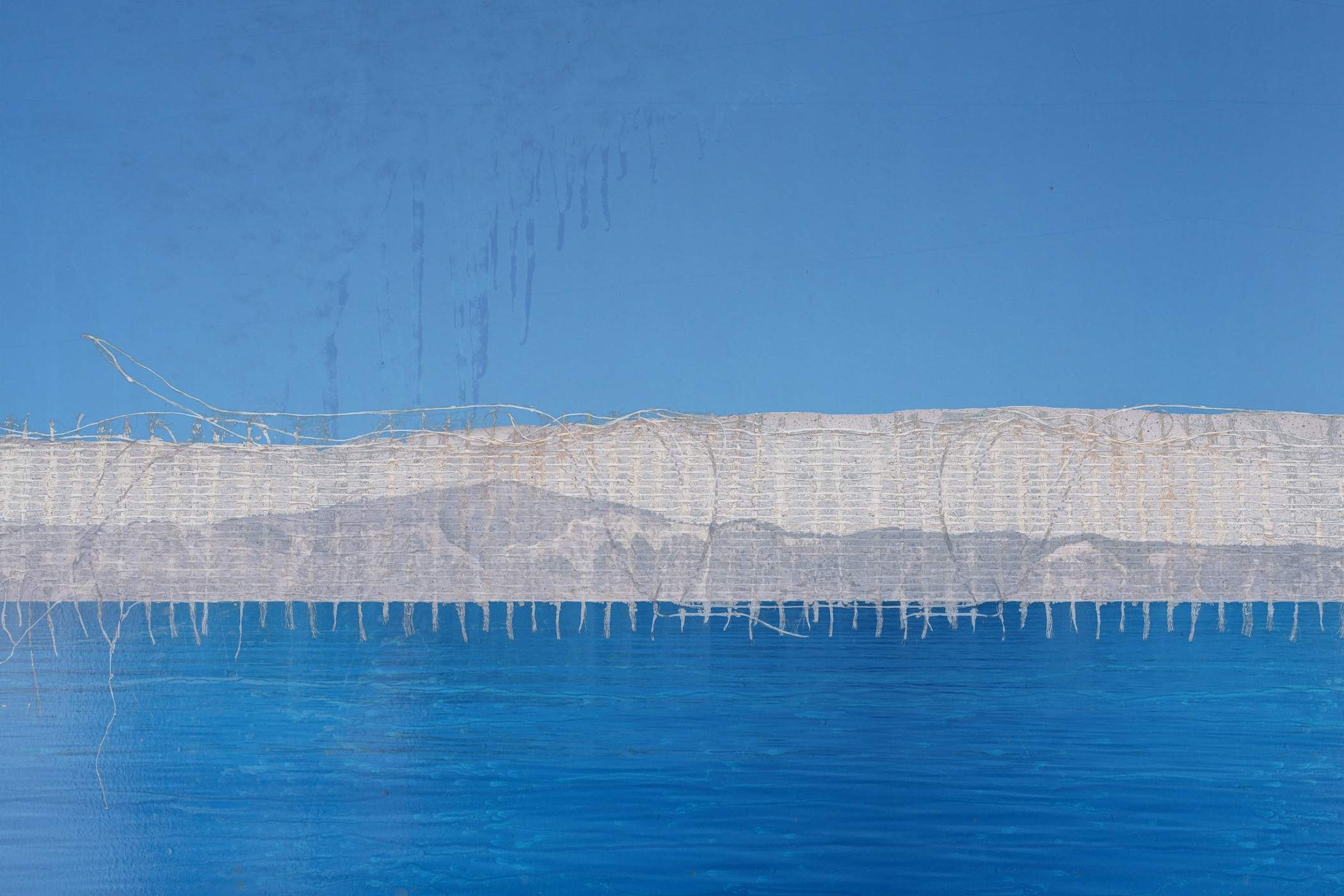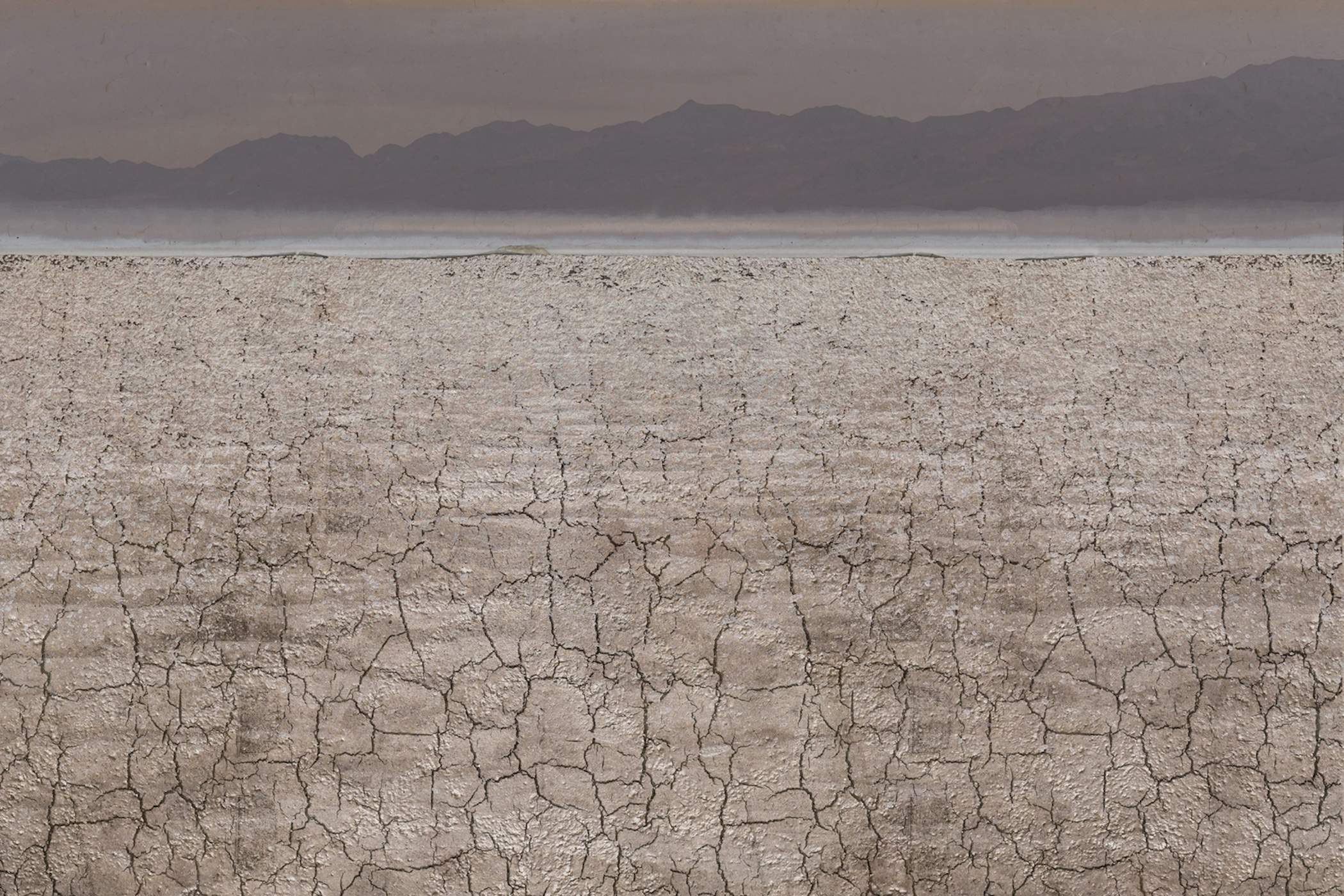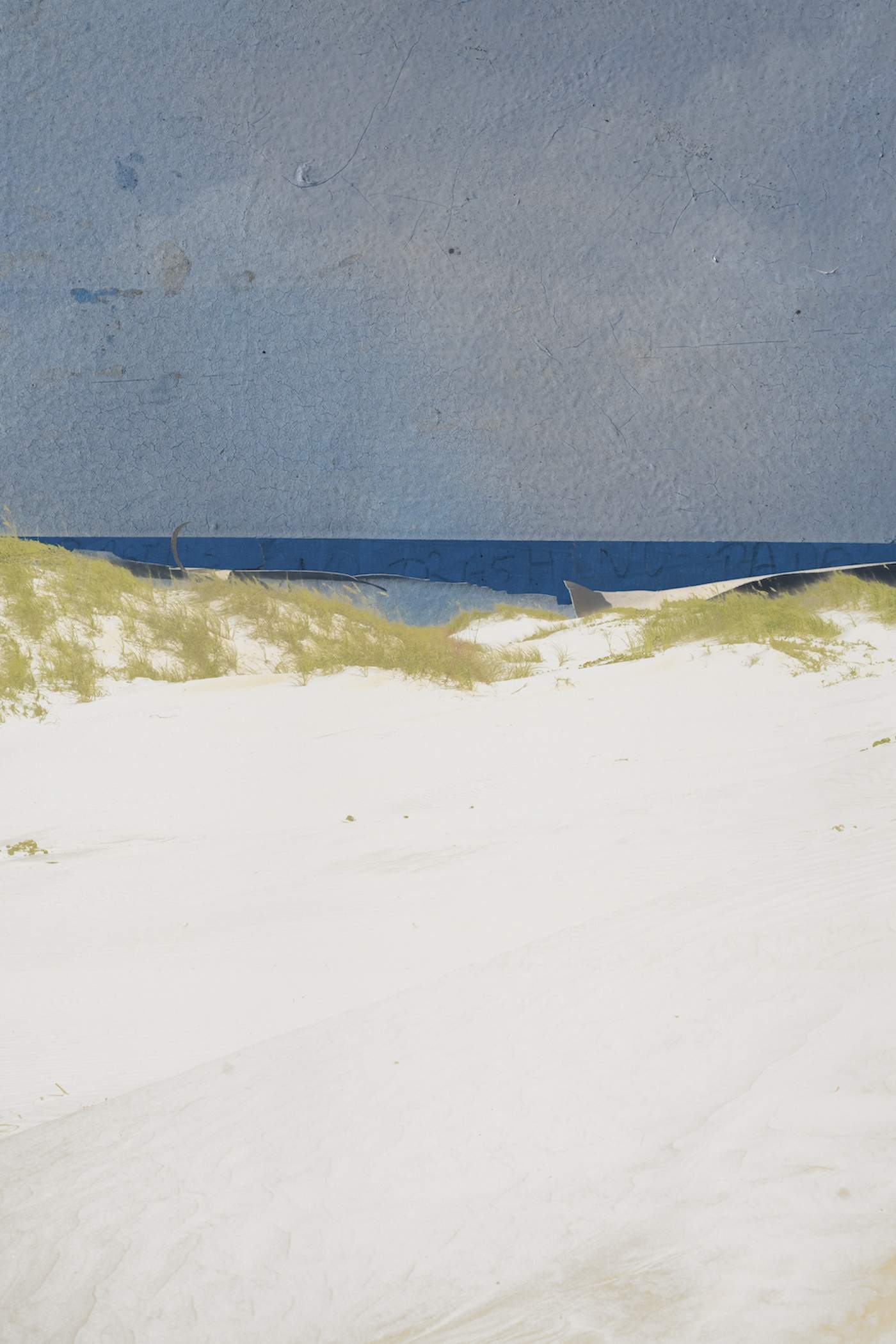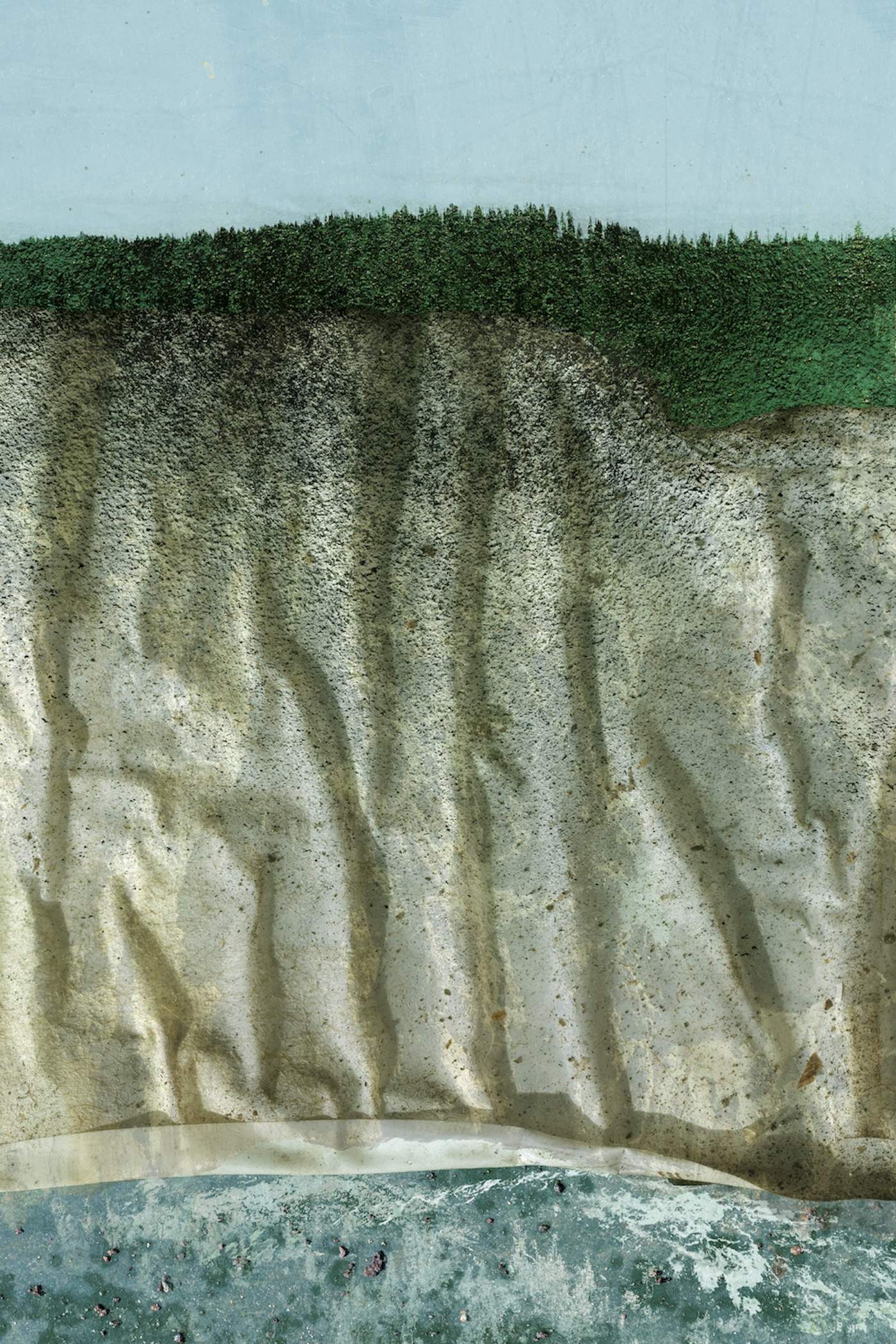Honorable Mention
From their project Organic Landscapes
Jennifer McKinnon Richman is a visual artist based in Atlanta, GA whose primary medium of expression is photography and digital compositing. Her work explores themes of environmental degradation and the impact of human consumption on natural landscapes. Through visually compelling and thought-provoking compositions, Jennifer invites viewers to contemplate our collective responsibility in shaping the future of our planet.
Each image in her series Organic Landscapes is created by manipulating layers of photographs featuring bits and pieces of dumpster walls, resulting in altered landscapes photographed while visiting National Parks across the country. Each piece reflects a surreal juxtaposition of nature and industrialization, as a means of highlighting the destructive consequences of organic waste sent to landfills, serving as a powerful commentary on the detrimental impact of our actions on the natural landscapes we often seek solace in to escape urban life. Using layered imagery, each image in the series skillfully mimics the way our trash accumulates, piece by piece, layer by layer, provoking introspection and a call to action.
Jennifer’s work is a fusion of creativity and advocacy, serving as a poignant reminder of our responsibility towards preserving our environment. The average American throws away 4.4 pounds of trash daily, 60% of which is considered organic waste. Food scraps, wood, paper, textiles, and yard waste buried deep in our landfills, deprived of oxygen, release methane gas during the decomposition process. With 80 times the warming power of carbon dioxide, methane gas emissions are driving the pace of global warming.
Using the mundane and transforming dumpsters into vast, all-encompassing landscapes, her work serves as a visual representation of the alarming rate at which our planet is warming, forever altering landscapes and ecosystems. Viewers are invited to contemplate our collective responsibility in shaping the future of our planet.





